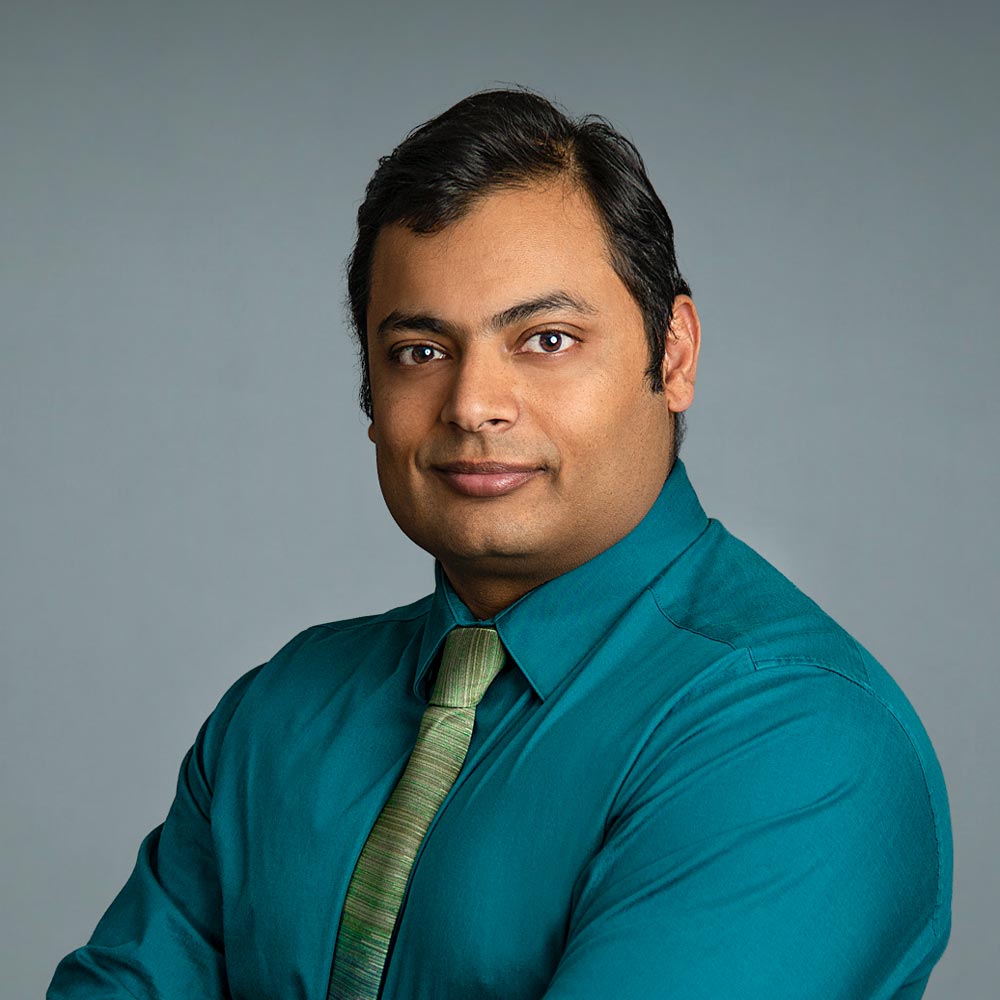Funding Summary
Dr. Singh and his team will be performing a clinical trial of bright light therapy in children (6-18 years old) with daytime sleepiness, and evaluating the effects on sleepiness, behavior and activity.
Dr. Theresa Strong, Director of Research Programs, shares details on this project in this short video clip.
Lay Abstract
Excessive daytime sleepiness (EDS) is a disabling problem that affects over half of all individuals with Prader-Willi Syndrome (PWS). EDS interferes with the social, educational, and behavioral well-being of persons with PWS. The cause of EDS in PWS seems to be genetic and beyond what would be explained by the role of weight gain, low muscle tone, or obstructive sleep apnea (OSA). Light exposure might have a modulating effect on the sleep abnormalities noted in PWS. Light therapy (LT) utilizing appropriately timed exposure to an artificial full spectrum lamp works by re-synchronizing the biological clock (circadian rhythm) and enhancing alertness. LT is well studied and is an evidence-based treatment for both seasonal and non-seasonal forms of depression in the general population. Some of the medicines studied to treat EDS in PWS include stimulants, modafinil, and armodafinil. However, the prevalence of side effects and drug-drug interactions limit their use. Currently, there are no studies assessing the effect of any non-medication treatment strategies against EDS in PWS. Despite the high prevalence of EDS in PWS and ample evidence of LT being an effective modality for the management of EDS in the general population, LT has not been studied in persons with PWS. This study will assess the efficacy of LT for the management of EDS in individuals between 6 and 18 years of age with a confirmed diagnosis of PWS. To make the study more accessible, and to minimize the risk of COVID-19 infection, all screenings and evaluations will be conducted utilizing a video-based telehealth platform. To duplicate real-world settings, participants will be using LT or placebo treatment in the comfort of their homes without any invasive tests or physical examinations. This study does not require any in-person visits. This lowers the risk of disrupting the circadian rhythms of participants due to travel. Participants will be randomized in a 1:1 ratio to receive either 30 minutes of LT or placebo lamp therapy in the mornings and 30 minutes in the afternoon daily for 3 weeks. Following the completion of this initial 3-week period, all participants, including those who received placebo lamp therapy will be given the option to continue in the open-label phase of the study for an additional 3 weeks. In addition to the lamps, all participants will be provided with a wearable actigraphy device (Fitbit) to track daily activity, sleep quality, and other important measures such as heart rate, temperature, breathing rate, and oxygen saturation. Developmentally appropriate activity books such as puzzles and coloring books will also be provided to engage the participant during the treatments. Detailed instructions will be provided to assist with the proper use of the LT and actigraphy devices. Weekly telehealth assessments will be conducted looking primarily at sleepiness as the primary outcome measure. Hyperphagia, aggression, and irritability scales will also be administered to assess secondary outcome measures.
This will be the first study looking at the efficacy and tolerability of LT in the management of EDS due to any cause in patients with PWS. Given its easy accessibility, lack of need for medical supervision, and safety profile, LT may prove to be an excellent non-medication means to address EDS and related behavioral issues in PWS.
Funded Year:
2022
Awarded to:
Deepan Singh, MD
Amount:
$165,148
Institution:
Maimonides Medical Center
Researcher:

Deepan Singh, MD




